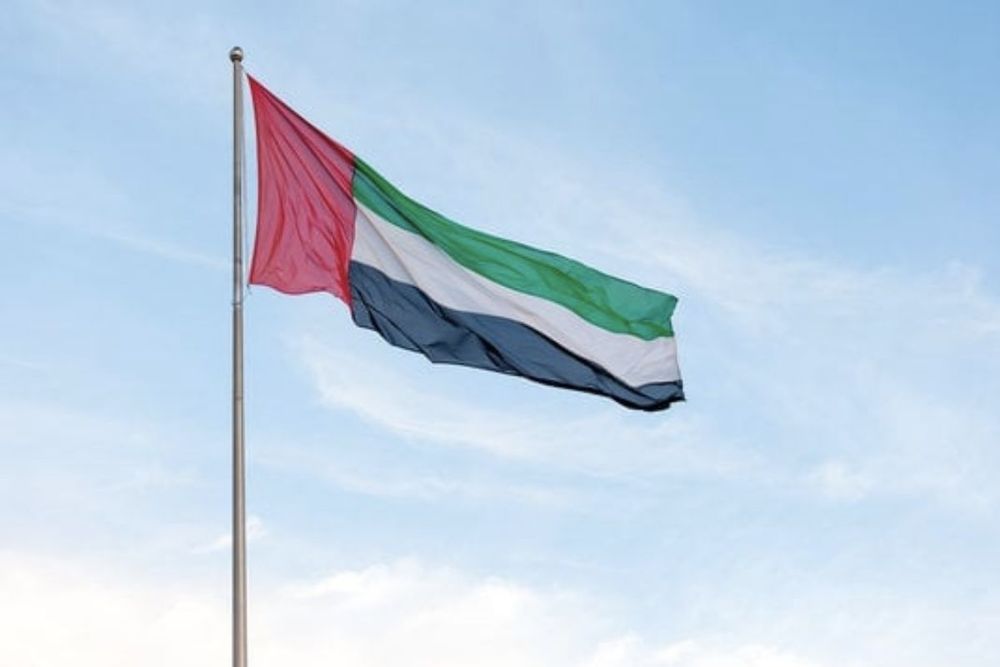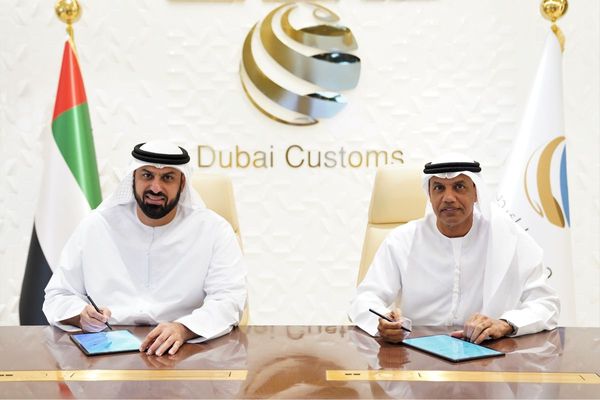The UAE is the leading emerging market across the MENA region, as revealed in Kearney’s 2023 Foreign Direct Investment Confidence Index Emerging Markets (FDICI) ranking.
Due to its strong growth last year, attractive business environment, and focus on innovation and technological capabilities, the UAE ranked first regionally and third globally after China and India.
For the first time in the index’s 25-year history, the exclusive ranking aims to provide business leaders with additional insights into which emerging markets are most appealing to investors.
In 2022, the UAE’s GDP grew an astonishing 7.9 per cent, while many other countries were suffering weak growth following a post-Covid boom in 2021.
The country is anticipated to continue growing at a steady pace in 2023 and 2024 with growth rates of 3.2 percent and 4.8 percent, respectively.
“The UAE remains an exceptionally attractive destination for investors, particularly in light of the launch of the Dubai Economic Agenda (D33) – an $8.7tn economic plan to boost trade, investment, and promote its status as a global hub. It is clear that the government remains relentlessly committed to diversifying the UAE’s economy and strengthening the UAE’s business environment.
“Their disciplined approach to driving the future readiness of the economy and the country is stunning. Funding this ongoing transformation will continue to benefit from hydrocarbon demand as the energy transition unfolds in various ways and at various speeds around the world,”
commented Rudolph Lohmeyer, partner, National Transformations Institute, Kearney Middle East.
FDI CI MENA rankings
The UAE ranked 18th globally and was joined by Qatar (21st) and Saudi Arabia (24th), boosting the Middle East’s presence on the index.
The kingdom’s strong performance was fuelled by high GDP growth (8.7 per cent in 2022), sweeping pro-business reforms, a strong fiscal outlook, and accelerating progress in economic diversification.
Qatar rose three spots in the global ranking from 2022, likely due to Qatar’s prestigious hosting of the FIFA World Cup last year which boosted investors’ interest coupled with the country’s National Vision 2030, aimed at developing and diversifying the economy.
The robust growth of Qatar’s GDP of 4.1 per cent in 2022, up from 1.5 per cent in 2021 can also be attributed to the investors’ growing confidence.
The GCC countries also placed high in the emerging markets ranking with Qatar ranking fourth and Saudi Arabia ranking sixth globally.
Investor sentiment is growing in other Middle East countries with Egypt, Turkey and Morocco positioned 14th, 15th, and 16th in the emerging markets ranking respectively.
FDI CI global rankings
The report from the global strategy and management consulting firm reflects cautious investor optimism about the global economy. Indeed, more than three-quarters (82 per cent) said they are planning to increase their FDI in the next three years and 86 percent cited FDI as more important for their corporate profitability and competitiveness in the next three years. Yet this positive sentiment is tempered by concern about downside risk.
“While investors are generally optimistic about the outlook for FDI, our results this year also reflect a degree of caution,”
said report co-author Erik R. Peterson, partner and MD of Kearney’s Global Business Policy Council.
“Investors cited a rise in commodity prices, an increase in geopolitical tensions, and rising political instability in emerging markets as among the top risk factors over the next three years.”
The US takes the top ranking for the 11th consecutive year. Canada reclaims the second position after falling to third in 2022, and Japan jumps to third place from a rank of fourth last year. Germany drops two spots to fourth, likely as a result of the economic and energy challenges it has faced due to the geopolitical crisis in Eastern Europe.
The UK maintains the fifth position, and France follows closely behind. China jumps from 10th position to 7th, perhaps attributable to Beijing’s decision to drop its zero-Covid policy in the fourth quarter of 2022.
Overall, this year’s survey once again demonstrated investor preference for developed markets, which accounted for 19 out of 25 of the countries on the Index.
The 2023report also found that business leaders believe globalisation is and will remain the central force in foreign direct investment. A distinct majority of respondents (66 per cent) anticipate an increase in globalisation in the next three years, while only 23 per cent expect a decrease.
Those anticipating an expansion of globalisation cite a combination of connected digital infrastructure alongside growing trade opportunities and limited trade barriers as the primary driving forces. But investors also acknowledge that globalisation is changing.
“While our findings show investors believe in the benefits of globalization and expect it to strengthen, they also anticipate more regionalisation over the next three years and that national governments will pursue strategies to increase self-sufficiency,” said report co-author Terry Toland, manager at the Global Business Policy Council. “These results suggest an awareness that while globalisation will continue, its nature may be shifting—and business leaders will need to prepare accordingly.”
News Source: Gulf Business









